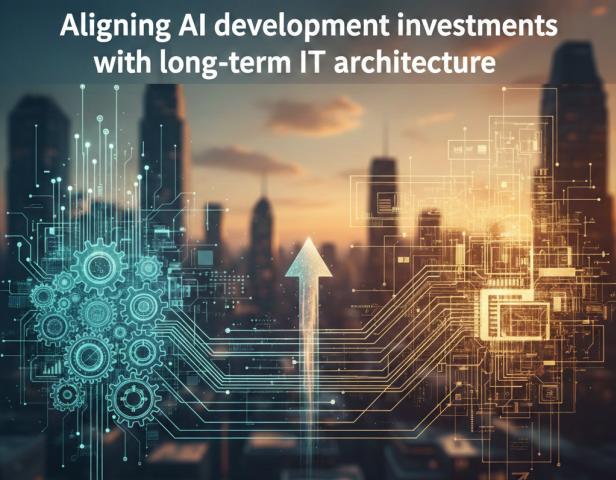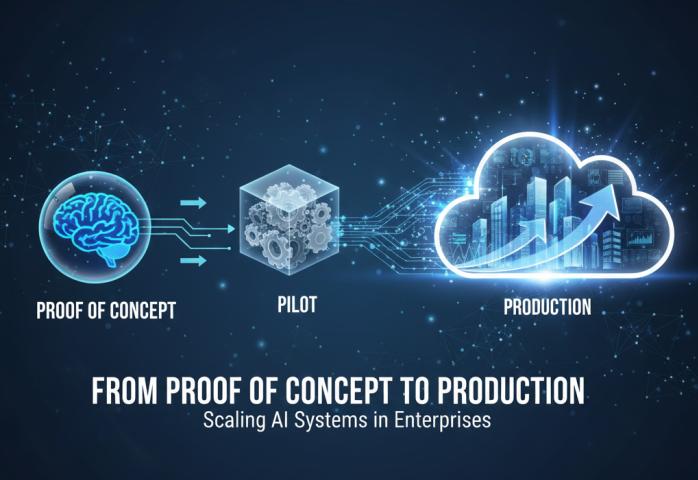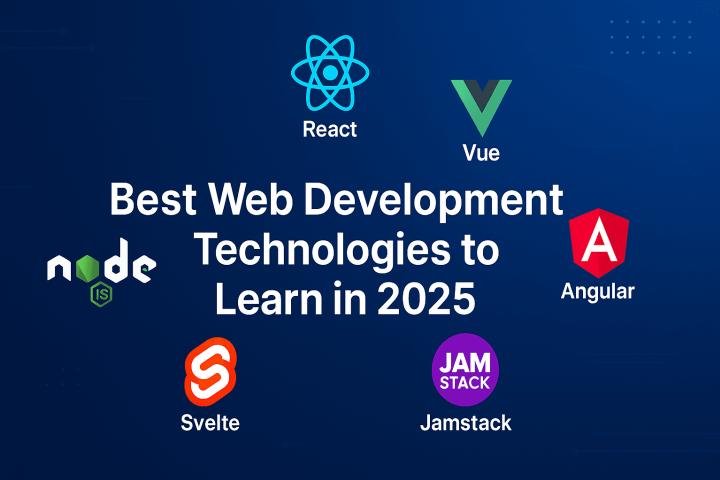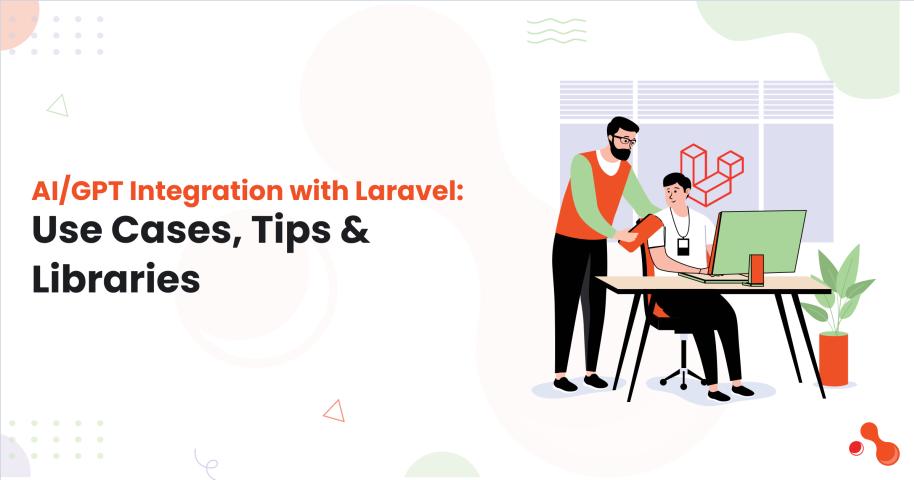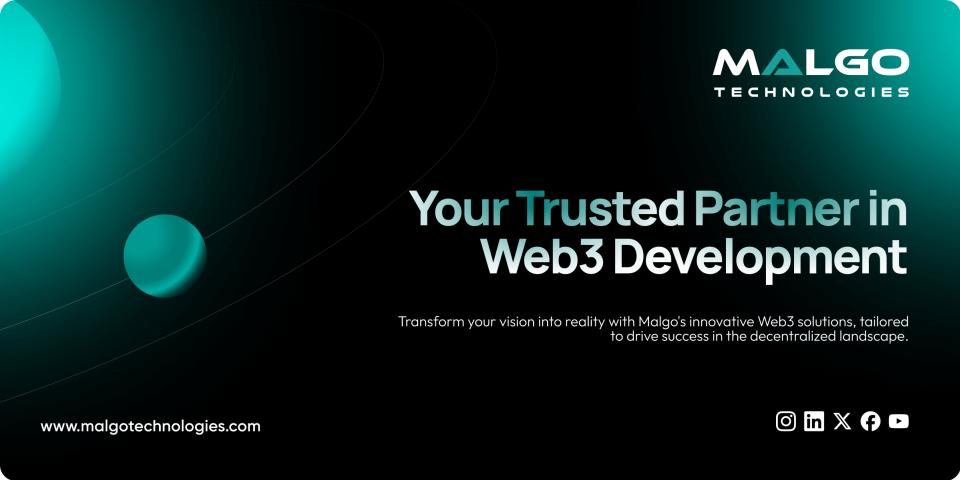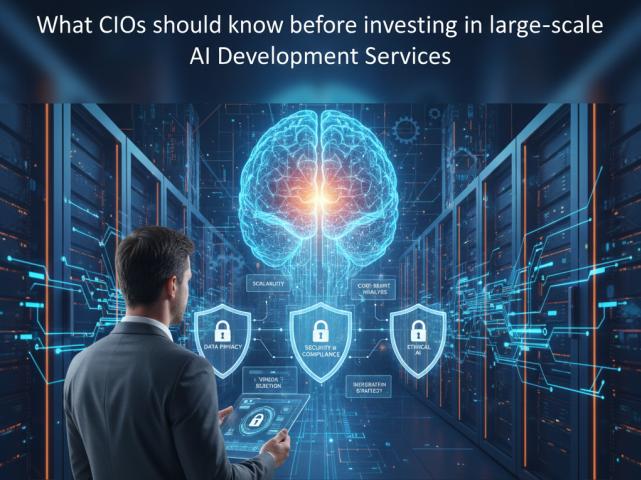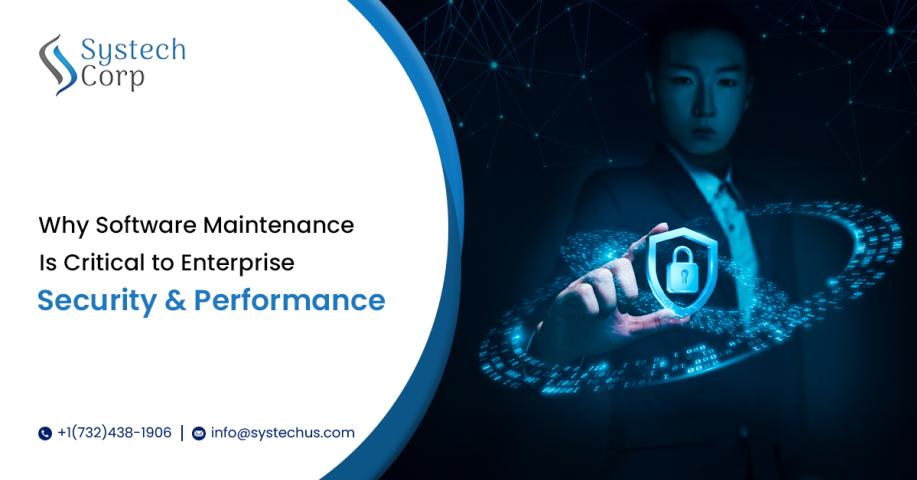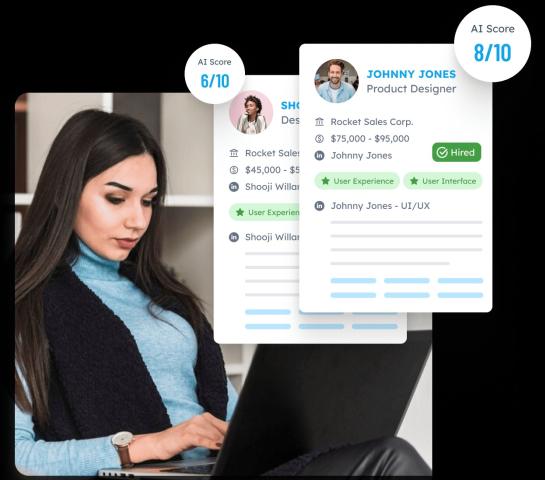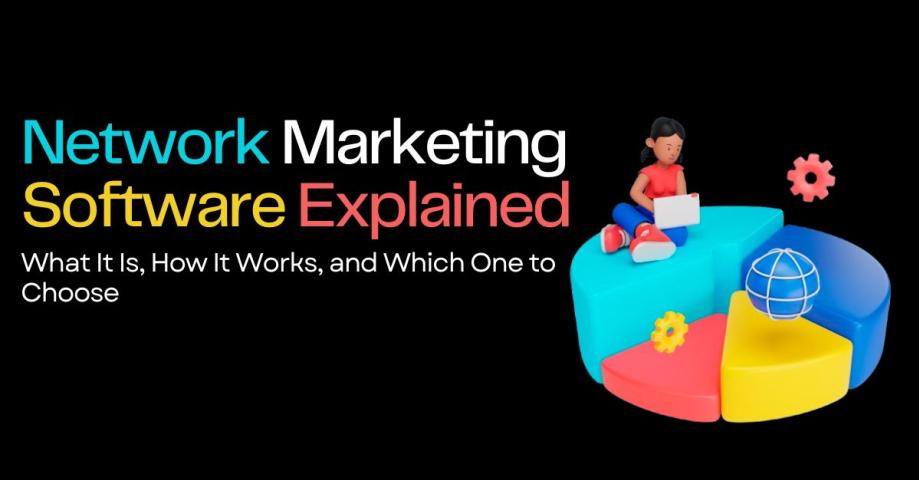Managing property is no longer limited to stacks of paperwork, overflowing spreadsheets, and endless phone calls. As real estate continues to evolve into a digital-first industry, modern solutions are transforming how property owners, managers, and tenants interact. Property management software development has emerged as a game-changing innovation that redefines efficiency, reduces operational overhead, and elevates the quality of service in real estate operations. These digital tools are tailored to simplify and streamline the everyday tasks associated with renting, leasing, maintaining, and overseeing multiple properties.
The Role of Property Management Software
A digital solution for property management brings every element of the rental process under one roof. Whether it's handling tenant communications, processing rent payments, scheduling maintenance, or monitoring property finances, these systems offer a centralized platform where everything can be managed with a few clicks. Custom-built solutions can be particularly powerful, as they adapt to the specific needs of each organization rather than forcing them into a rigid pre-built structure.
For property managers who oversee a wide portfolio, tracking the status of various units, tenant issues, and lease expirations can become overwhelming. A software platform automates reminders and alerts, ensuring that critical tasks never fall through the cracks. It fosters improved tenant relationships by allowing timely responses to complaints or maintenance requests while also simplifying back-office processes like accounting and record keeping.
Why Custom Software Development Matters
Off-the-shelf property management systems often offer standard features that may not align perfectly with an individual property manager’s requirements. This is where custom development becomes invaluable. Tailored solutions allow for the integration of unique business logic, regional compliance needs, and specific user experiences. Custom platforms can also be built to scale as a business grows, ensuring continuity and long-term cost savings.
Designing software that reflects a company's exact workflow enhances productivity and eliminates the need for multiple tools. Developers can incorporate advanced features like AI-driven analytics, automation rules for rent collection, or personalized dashboards for different user types. Custom interfaces can also be built to match branding guidelines, creating a consistent identity across customer-facing platforms. Embracing custom development ensures the software evolves alongside the business, rather than forcing the business to adjust to software limitations.
Core Features of Property Management Platforms
Most modern property management solutions include a wide range of features that support every aspect of real estate operations. These typically encompass lease and document management, tenant screening, payment processing, maintenance tracking, and financial reporting. The integration of mobile capabilities means users can access critical functions on-the-go, enhancing responsiveness and agility.
Advanced analytics modules can generate insights that lead to better decision-making. For example, understanding rent payment patterns helps forecast future revenue more accurately, while maintenance logs can identify recurring issues with specific units. Systems can also be designed with role-based access, ensuring team members see only the data relevant to their job. These kinds of thoughtful inclusions are best achieved through custom property management software development, which ensures that the software serves the business rather than the other way around.
Property Management Software Development Cost
Understanding the property management software development cost is crucial for any company considering a transition to digital tools. The investment can vary significantly depending on factors like feature complexity, number of integrations, customization level, user count, and long-term support plans. A basic version might involve straightforward functions like rent tracking and maintenance scheduling, while more sophisticated systems may include predictive analytics, real-time dashboards, and mobile access.
The development timeline also impacts the final cost. Faster turnarounds often require larger teams and more resources, while a phased development approach might be more cost-effective for startups or smaller operations. It's also important to consider the long-term cost savings from automating manual processes and improving operational efficiency. Over time, these savings can outweigh the initial investment in software development.
Conclusion
Technology continues to reshape how property management operates, turning previously complex and time-consuming tasks into streamlined digital workflows. Custom rental equipment tracking software provides unparalleled flexibility, efficiency, and user satisfaction for both managers and tenants. From reducing paperwork to automating rent collection and integrating third-party services, software solutions have become indispensable tools in modern property management.
As companies consider their digital transformation journey, the cost of development should be viewed as a strategic investment rather than an expense. The long-term benefits of increased productivity, tenant satisfaction, and operational control make the decision worthwhile. A thoughtfully developed platform tailored to your unique needs will ultimately drive higher returns and support sustained growth. Businesses seeking to innovate in this space should explore the possibilities of custom development while keeping a clear understanding of property management software development costs.


